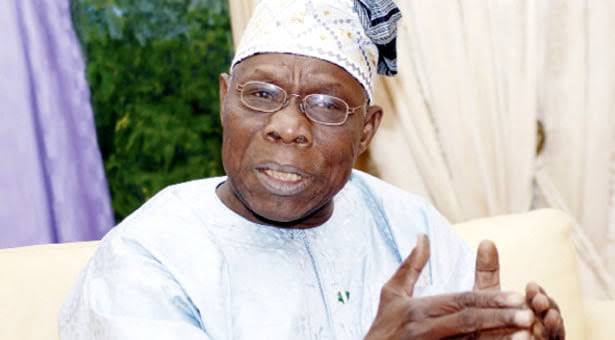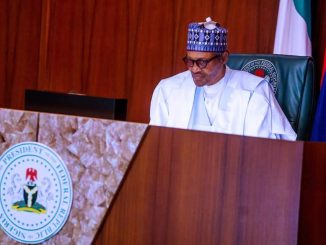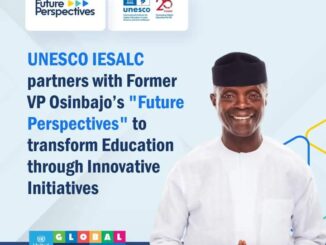
Nigeria’s former President Olusegun Obasanjo has spoken on the need for Nigerians to tolerate each other irrespective of their religious beliefs.
Obasanjo spoke in Abeokuta, responding to questions posed to him by some students from selected secondary schools that participated in the final of the National Exhibition and Awards at an the organised by the Students for the Advancement of Global Entrepreneurship (SAGE).
Obasanjo, also advised the students not to see their own religion as superior to that of another person.
The former president said that no one has the right to condemn or say what another man believed in was inferior to his own.
According to him, I have no right to say what another man believes in is inferior to mine.
ALSO READ: Investing more in our people is most important — Osinbajo
“If God had wanted all of us to be of the same religion, he would have made it so and since He did not made it so, no person should attempt to make it so.
“Young people should learn at a very early age in life that if there are five religions in the world, that is how God wants it to be.
“If there are 10, that is how God want it. All religions originate from the same source.
“If you are a Muslim and you did not live the way God wants you to live, you cannot enter Aljannah.
“Or you are a Christian and you did not live the way God wants you to live, the same thing, you will not enter paradise.
“If this is the basis of religion, doing the right thing for the benefits of mankind, you don’t have to condemn any person, because of what he believes.
“Practice your religion the way God wants you to do it and don’t condemn another person,” the former president said.
Welcoming participant at the event, the Chairman of SAGE Nigeria, Agwu Amogu, said the programme was to celebrate the creative energies and commitments of teen entrepreneurs who see challenges in the communities as their responsibilities.
Amogu said that since the introduction of the programme in Nigeria in 2006, it had shown that it remained a potent strategy and model for educational reform, youth re-orientation, jobs creation and poverty alleviation and multi-cultural integration.
According to him, Nigeria urgently need a new paradigm for education.
He said that the new paradigm must provide students with a chance to learn, while solving community problems and immediately applying what they had learnt in the classrooms by actually doing something great.
“We firmly believe that Nigeria can be a world leader in providing potent human capital to the rest of the world; setting a benchmark for other countries to follow,” he said.




